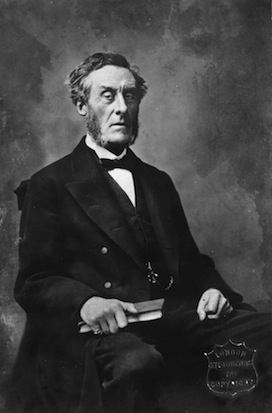‘I nauseate walking; ’tis a country diversion. I loathe the country and everything that relates to it… Ah l’étourdie! I hate the town too.’ Millamant’s expostulation about the unresolved pull between rural and urban life has echoed down three centuries since The Way of the World. With Melissa Harrison’s second novel this quandary brings all the splendid, closely observed exposition that it did in her first, Clay.
Already a subscriber? Log in
Subscribe for just $2 a week
Try a month of The Spectator Australia absolutely free and without commitment. Not only that but – if you choose to continue – you’ll pay just $2 a week for your first year.
- Unlimited access to spectator.com.au and app
- The weekly edition on the Spectator Australia app
- Spectator podcasts and newsletters
- Full access to spectator.co.uk
Unlock this article
Available from the Spectator Bookshop, £13.99 Tel: 08430 600033
You might disagree with half of it, but you’ll enjoy reading all of it. Try your first month for free, then just $2 a week for the remainder of your first year.














Comments
Don't miss out
Join the conversation with other Spectator Australia readers. Subscribe to leave a comment.
SUBSCRIBEAlready a subscriber? Log in